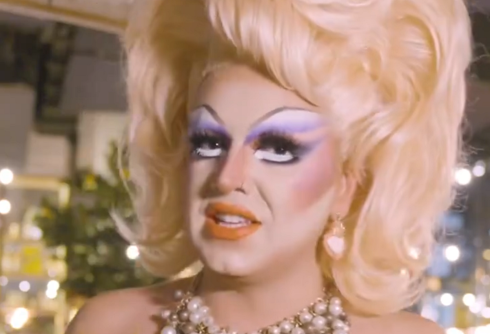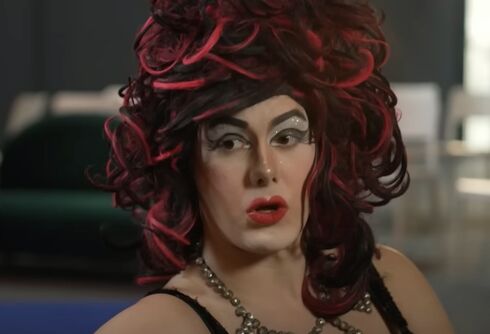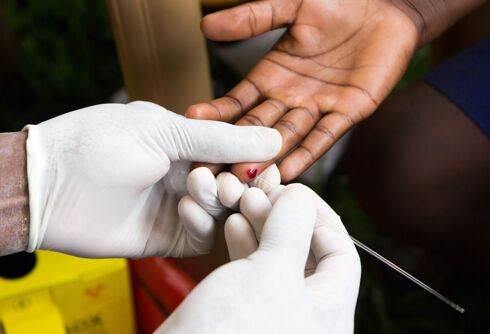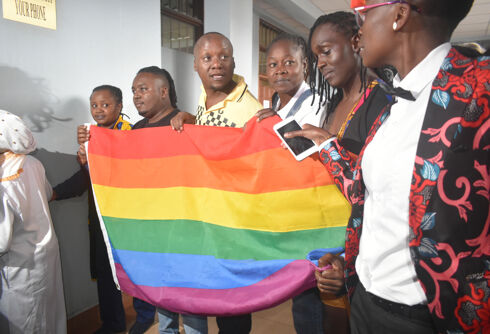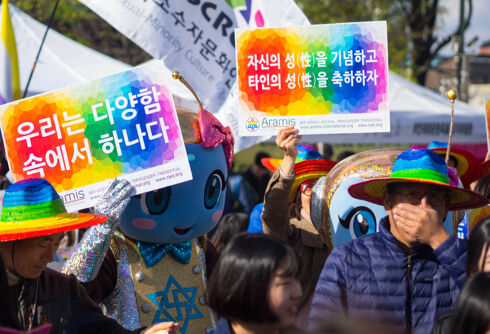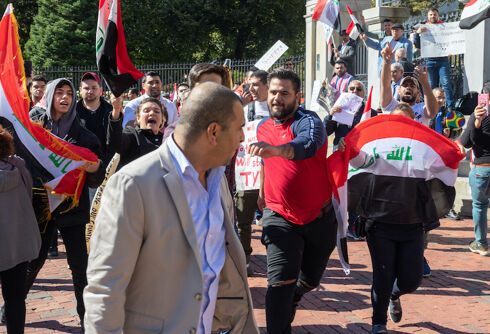TBILISI, Georgia — Radical Orthodox Christians and clerics are warning the LGBT community in this eastern European nation that any demonstrations on the upcoming International Day Against Homophobia and Transphobia (IDAHOT) would be met with even harsher retaliation that what marred the event one year ago.

Thousands of anti-gay protesters, including Orthodox priests, occupied a central street in Georgia’s capital on May 17, 2013, to interrupt observations of the International Day Against Homophobia and Transphobia.
During last year’s IDAHOT on May 17, 2013, a small group of LGBT activists and supporters organized a pride rally, but were met with attacks by several thousand anti-gay activists, including radical Orthodox Christians and clerics.
Twenty-eight people, including journalists and policemen were injured.
Basil Akhvlediani, an archpriest at Akaurta Sioni Church acting as a spokesperson for the clerics warned, “If the May 17 (2013) events were not enough, the situation can get worse this year.”
Never Miss a Beat
Subscribe to our newsletter to stay ahead of the latest LGBTQ+ political news and insights.
The U.S. State Department has criticized Georgian law enforcement authorities for not protecting the Georgian LGBT demonstrators in 2013, which caused the then Georgian Prime Minister, Bidzina Ivanishvili, to claim that the police rescued people from physical abuse.
Georgian human rights activist Uchi Nanuashvili told LGBTQ Nation that Georgia’s pending treaty with the European Union, the Association Agreement, has become entangled in the debate over LGBT equality, as Orthodox activists see it as promoting “a homosexual agenda that endangers children.”
Article continues below
Akhvlediani has decried the treaty: “In order to implement their aggressive propaganda, they [LGBT advocates] try to summon the international society,” he said. “EU and NATO membership can be considered suicide.”
The principal group which advocates LGBT equality rights in Georgia, Identoba, told LGBTQ Nation Friday that the group hasn’t made any firm plans for this year’s UDAHOT.
“It’s possible we don’t commemorate it at all,” said Natia Kharatishvili.





